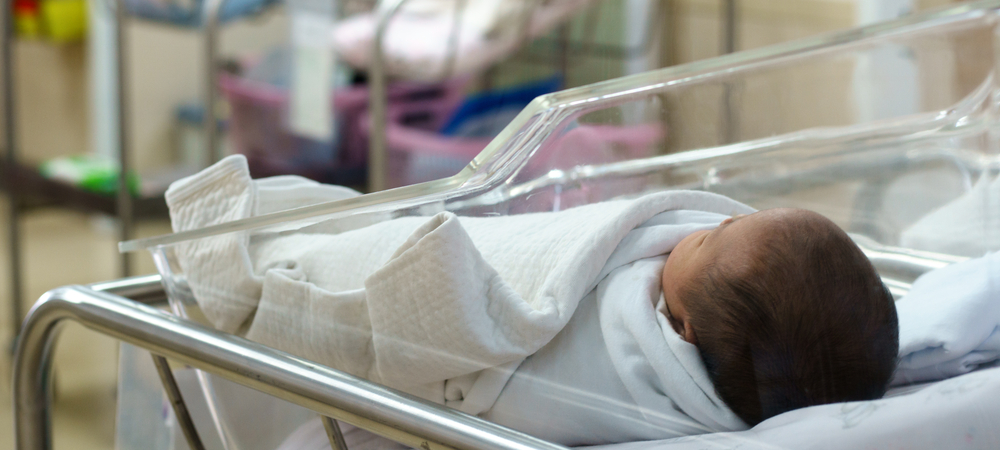
Becoming a parent: What newborn screenings should I expect?
When you're expecting, your OB GYN offers you many screenings to check on the health of your baby. After you deliver, you can expect several screenings too. Many of these happen during the first 48 hours while you're still in the hospital.
While most conditions are rare, these screenings give you valuable information as a new parent about your baby's health. By catching certain conditions during the first few days of life, you baby can get the support and care he or she needs.
Apgar score
Your newborn's first test will likely be an Apgar score. The U.S. National Library of Medicine says this simple test is typically performed at one minute and five minutes after birth. It gives your care provider a quick overview of your baby's health by rating the following factors on a scale of zero to two:
- Breathing
- Skin color
- Heart rate
- Reflexes
- Muscle tone
It's normal for a baby to have a total Apgar score of at least seven. If your baby's score is lower, it alerts your care team that your baby may need additional support, like oxygen, to help him or her recover after birth.
Hearing screening
According to the American Academy of Pediatrics (AAP), between one and three newborns of 1,000 have hearing levels outside of the normal range. By finding a potential hearing issue in the hospital, babies can receive intervention early. That's why the AAP recommends hearing screenings for every newborn.
Most hospitals offer a hearing screening for your new baby right in your hospital room. There are two different hearing screening methods. However, both are fast and painless for your baby. Often, newborns will sleep while they have their hearing screened.
Heart defect screening
Screening for a heart defect that is present at birth, called a congenital heart defect, can be lifesaving. Your OB GYN may detect some heart condition while you're still pregnant. However, others may not show up on prenatal tests. The Centers for Disease Control and Prevention says some babies born with a heart defect will appear completely healthy at first.
To screen for heart defects, your baby may have a pulse oximetry test in the hospital. This noninvasive test checks the levels of oxygen in your baby's blood. If your baby's oxygen levels aren't where they should be, you're doctor can perform other tests to make sure his or her heart is healthy.
Newborn screening blood test
All 50 states require a newborn blood test to check for metabolic and genetic conditions. The test uses a prick in your baby's heel and can detect dozens of potential disorders. Many of these disorders do not have signs immediately after birth but have treatment options if caught early.
It's important to note that this test only identifies babies who may have a condition. If the screening detects something, your baby will have additional testing to confirm a diagnosis. The Health Resources and Services Administration offers a free tool on BabysFirstTest.org where you can see a complete list.
As you begin your journey as a new parent, screenings are just a few of the many health resources available to you. Always talk with your doctor if you have questions about screenings or if you're concerned about your baby's health. Both your OB GYN and your baby's doctor are there to help you welcome your newest addition in a safe, healthy way.
